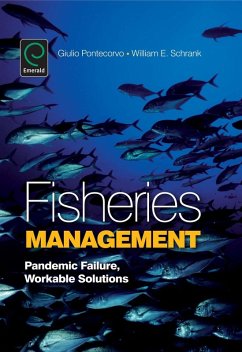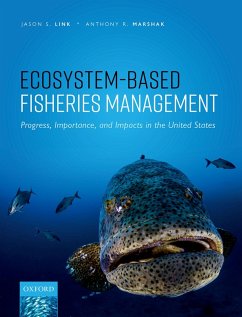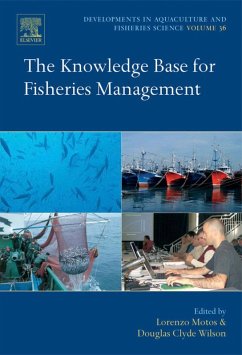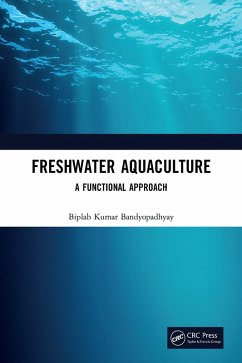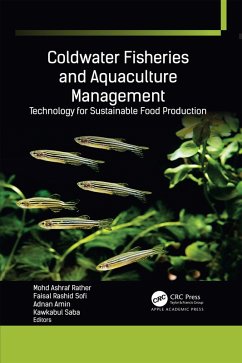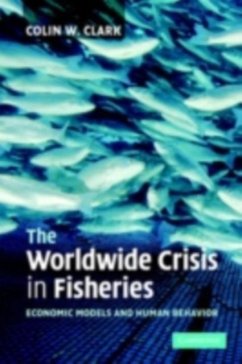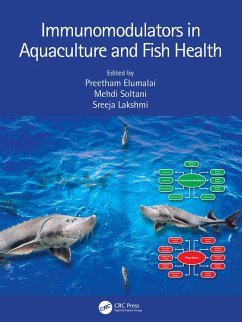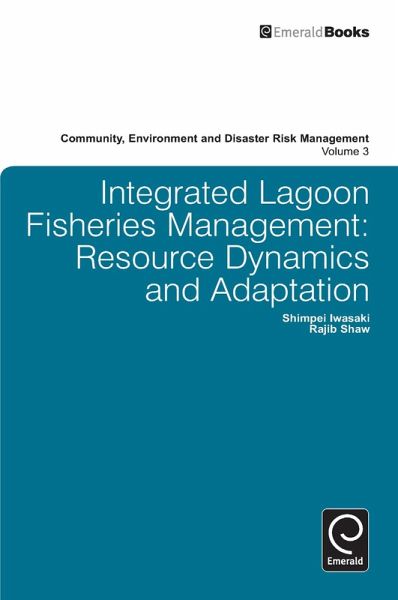
Integrated Lagoon Fisheries Management (eBook, PDF)
Versandkostenfrei!
Sofort per Download lieferbar
76,95 €
inkl. MwSt.
Weitere Ausgaben:

PAYBACK Punkte
38 °P sammeln!
Lagoons are characterized by an essential quality of uncertainty for use in resource management: these are physically vulnerable to various influences from not only the environment but also the adjacent marine and terrestrial areas. In the areas which are shallower and where less water is exchanges, therefore, fishers are required to develop their capacity of knowledge and skills for how to live with change and uncertainty. The wider realization of complex and dynamic lagoon ecosystem and its fisheries management requires multifaceted aspects to be addressed. Fisheries serve as a basis for peo...
Lagoons are characterized by an essential quality of uncertainty for use in resource management: these are physically vulnerable to various influences from not only the environment but also the adjacent marine and terrestrial areas. In the areas which are shallower and where less water is exchanges, therefore, fishers are required to develop their capacity of knowledge and skills for how to live with change and uncertainty. The wider realization of complex and dynamic lagoon ecosystem and its fisheries management requires multifaceted aspects to be addressed. Fisheries serve as a basis for people's livelihood and food protein especially in Asian countries. Total amounts of fish landing have maintained an upward trend, but existing fisheries management poses various challenges for ensuring wise use of fishery resources which are becoming fully exploited or over-exploited in the world. Out of variant geographical types of fishery domain, lagoon fisheries need to pay more attention to achieve fisheries management. With these recognitions, the book presents a wide variety of lessons learned from case studies from Asian countries (India, Japan and Thailand). Greater emphasis is placed on understanding the status of lagoon fisheries and its management, and assessing people's adaptive capacities to respond to changes in the ecological-social-economic system. Throughout all case study experience, the book will provide policy makers and practitioners with guidance to build enabling conditions for integrated lagoon fisheries management and related sustainable livelihood which involve a concern with issues of power, institutions, worldviews and values among relevant stakeholders.
Dieser Download kann aus rechtlichen Gründen nur mit Rechnungsadresse in A, B, BG, CY, CZ, D, DK, EW, E, FIN, F, GR, HR, H, IRL, I, LT, L, LR, M, NL, PL, P, R, S, SLO, SK ausgeliefert werden.




